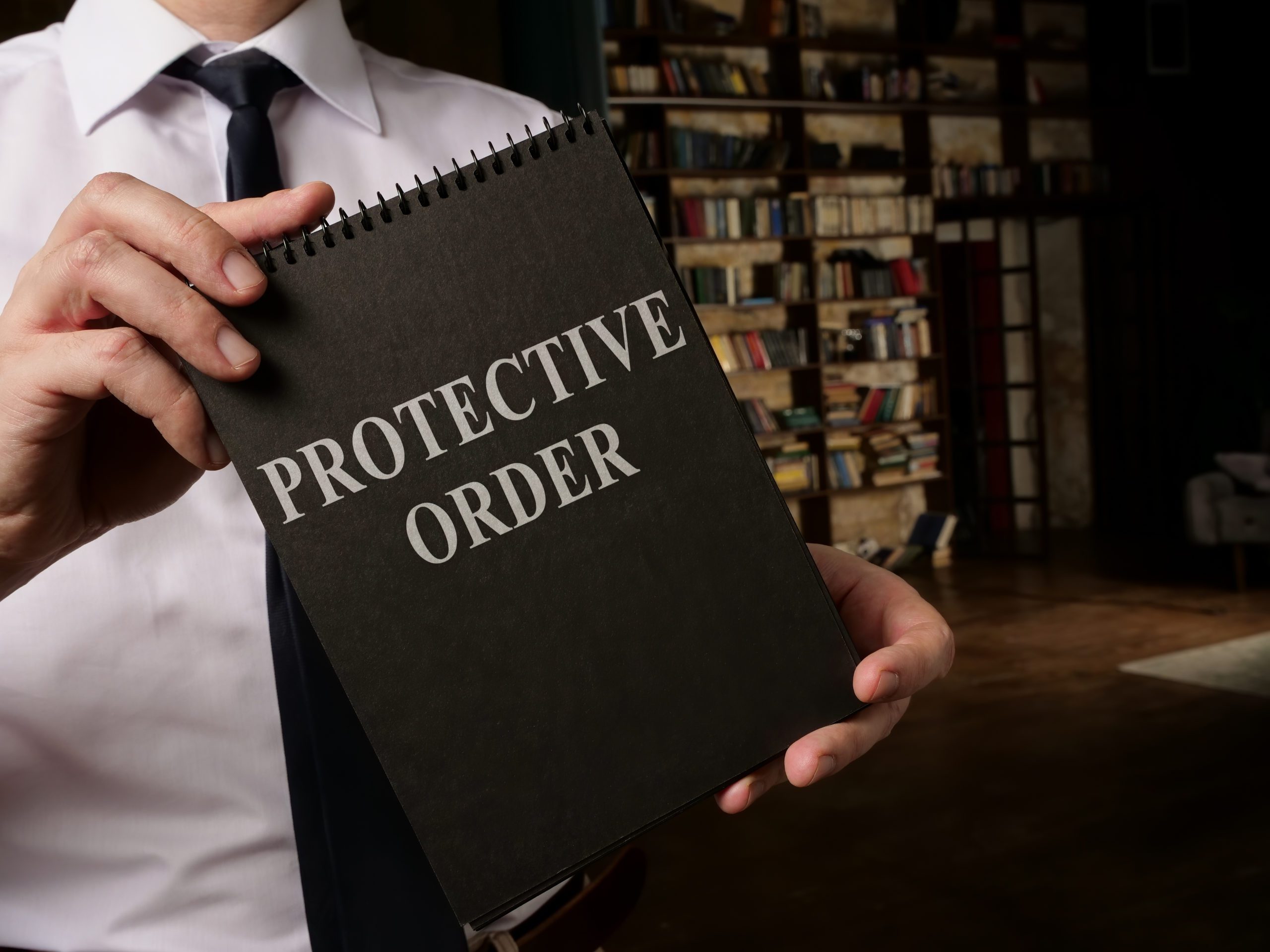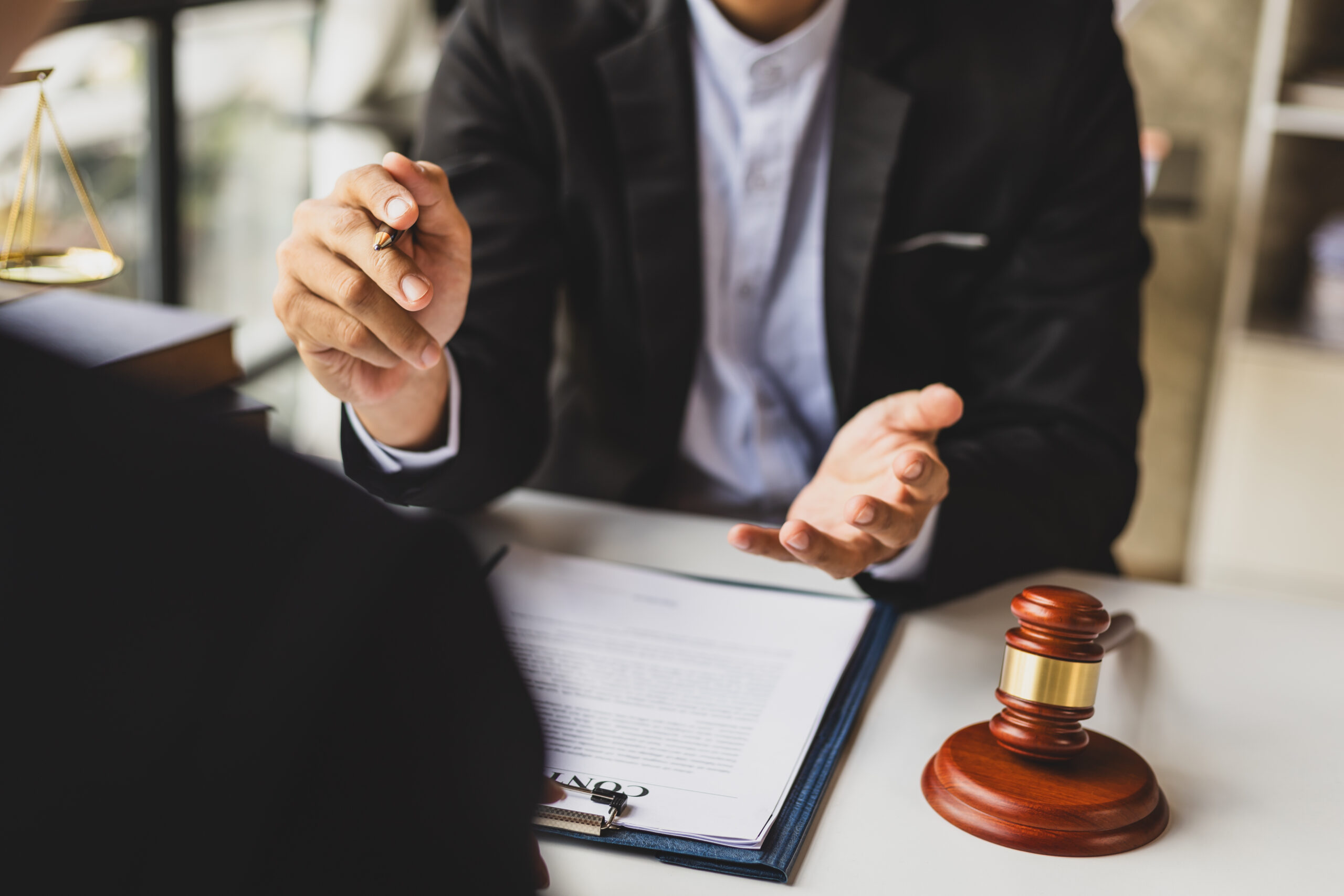When tensions escalate in a home or relationship, safety often becomes the top priority. In Texas, protective orders are a critical legal tool used to shield individuals from threats, abuse, harassment, or stalking. But while protective orders offer much-needed security, the legal process isn’t always simple—especially when emotions run high and the stakes involve children, careers, and freedom. That’s why understanding protective order legal representation in Texas is essential, whether you’re the person seeking protection or the one defending against an order.
This article unpacks everything you need to know about protective order legal representation in Texas, using real-life scenarios, clear explanations, and a practical tone to help you navigate the courtroom process with confidence. Whether you’re in a courtroom or simply preparing for what lies ahead, this guide can help you make informed decisions.

What Is a Protective Order in Texas?
The Basics of Legal Protection
In Texas, a protective order is a court order designed to prevent one individual from contacting, threatening, or harming another. It’s most commonly used in situations involving family violence, dating violence, stalking, sexual assault, or human trafficking.
There are different types of protective orders in Texas:
- Temporary Ex Parte Protective Order – Issued without a hearing, usually in emergencies
- Final Protective Order – Issued after a full court hearing
- Magistrate’s Emergency Protective Order (MEPO) – Often issued after an arrest for family violence
Each of these carries different terms, lengths, and enforcement procedures. But regardless of which one applies, protective order legal representation in Texas is key to ensuring your rights are protected during the process.
Why Legal Representation Matters in Protective Order Cases
The Courtroom Isn’t Optional
Unlike criminal charges where you may be appointed a public defender, protective order hearings are civil matters. This means there’s no automatic right to a free attorney—yet the consequences can be incredibly serious.
If a protective order is granted against you, it can lead to:
- Loss of child custody or visitation
- Being barred from your own home
- Restrictions on owning firearms
- Damage to your professional reputation
- Potential criminal charges if the order is violated
On the flip side, if you are seeking a protective order and don’t present your case properly, the judge may deny the order—leaving you vulnerable. That’s why protective order legal representation in Texas isn’t just helpful—it’s crucial.
Real-Life Scenario: Jessica’s Protective Order
Jessica, a mother of two from Houston, filed for a protective order against her ex-boyfriend after he began showing up at her workplace and sending threatening texts. At the first hearing, she appeared alone, while her ex-boyfriend arrived with a lawyer.
Despite having police reports and screenshots, Jessica struggled to present her case clearly. She wasn’t sure how to respond to cross-examination, and her evidence was dismissed as hearsay. The judge declined to issue a final order, citing insufficient evidence.
Jessica later hired an attorney and reapplied. With her lawyer’s help, she provided live witness testimony, properly introduced digital evidence, and followed courtroom protocol. This time, the judge granted the order for two years.
Her story is a stark reminder of why protective order legal representation in Texas can mean the difference between safety and continued fear.
What an Attorney Does in a Protective Order Case
From Filing to Final Hearing
Whether you’re the petitioner (the one seeking protection) or the respondent (the one accused), your attorney plays a critical role in helping you understand and navigate each step of the case.
For Petitioners:
- Help gather and organize evidence (texts, photos, police reports)
- Draft and file the petition with the court
- Represent you at the hearing
- Argue why the protective order is necessary
- Respond to counterclaims or objections
For Respondents:
- Review the petition and build a defense
- Challenge evidence and question its admissibility
- Cross-examine the petitioner and any witnesses
- Argue against the need for the order
- Negotiate terms or settlements where appropriate

Effective protective order legal representation in Texas goes beyond knowing the law. It’s about making a case that resonates with the judge and presenting it in a clear, persuasive way.
Common Grounds for Protective Orders in Texas
Understanding What Qualifies
Protective orders aren’t granted for simple disagreements or personality clashes. To win one, you must show that violence, threats, or harassment has occurred—and that it’s likely to happen again.
Common reasons include:
- Physical violence
- Threats of bodily harm
- Stalking or surveillance
- Sexual abuse
- Repeated harassment or intimidation
In many cases, especially those involving reporting sexual assault, victims are encouraged to act quickly and preserve any supporting documentation. Texas courts require clear and convincing evidence, which means your story must be supported by tangible proof: texts, videos, medical records, or witness testimony.
An attorney knows how to collect and frame this evidence effectively. That’s a vital part of protective order legal representation in Texas, especially in contested hearings.
Responding to a Protective Order: Know Your Rights
Defending Yourself Matters
If you’ve been served with a protective order in Texas, it’s important to act quickly. Many people ignore it or assume it’s a done deal. But the truth is: you have the right to challenge the order in court.
What you shouldn’t do:
- Contact the petitioner—even to “explain things”
- Show up at their home or workplace
- Talk about the case on social media
- Represent yourself without understanding the risks
A protective order hearing is a legal proceeding where the judge hears both sides. Without solid protective order legal representation in Texas, you may lose even if the accusations are false or exaggerated.
Emergency Protective Orders: What Happens After an Arrest
What Law Enforcement Can Do
In domestic violence arrests, judges often issue Magistrate’s Emergency Protective Orders (MEPOs) even before a victim requests one. These can:
- Ban contact with the alleged victim
- Restrict firearm possession
- Prevent return to a shared residence
These orders are usually temporary (20 to 91 days) but can set the tone for future legal proceedings. A defense attorney can challenge the MEPO’s scope, especially if it affects custody or access to children.
Understanding how MEPOs fit into protective order legal representation in Texas is vital. A smart early response can shape the rest of your legal defense.
Protective Orders and Child Custody
The Family Court Overlap
Protective orders can dramatically impact child custody arrangements. Judges often modify visitation schedules, suspend parenting time, or require supervised visits if one parent is subject to a protective order.
This becomes especially complicated when both parties share custody. For example:
- A protective order may prevent one parent from picking up a child at school
- It may limit communication between parents, even for co-parenting logistics
- It could alter court-ordered visitation or support arrangements
If you’re facing this issue, legal representation helps clarify your rights—and protects your relationship with your child. That’s one of the most high-stakes aspects of protective order legal representation in Texas.

Challenging False Allegations
Not Every Protective Order Is Justified
It’s unfortunate, but protective orders are sometimes misused—especially during divorce or custody battles. False or exaggerated claims may be made to gain leverage or harm reputations.
If you’re falsely accused:
- Gather your own evidence (messages, call logs, alibis)
- Avoid all direct or indirect contact with the accuser
- Follow the protective order to the letter until it’s lifted
- Use a lawyer who specializes in these types of cases
Judges take protective orders seriously, but they also expect fairness. If your attorney can show inconsistencies or prove that the petitioner has ulterior motives, the court may deny or dissolve the order.
Protective order legal representation in Texas is crucial when your reputation, parenting rights, and career are on the line.
Real-Life Scenario: When Accusations Are Weaponized
Thomas, a software engineer in Dallas, was going through a bitter divorce. One day, he was served with a protective order alleging that he had screamed threats at his wife. The truth? They had an argument, but there was no threat, no violence, and no police call.
Thomas followed the order, hired a family law attorney, and gathered security footage from his apartment complex showing he wasn’t even home during the alleged incident. At the final hearing, the judge dismissed the protective order.
Had Thomas ignored the order or tried to “explain things” on his own, the outcome could have been far worse. His case illustrates the critical role of protective order legal representation in Texas in navigating false allegations.
Protective Orders and Gun Rights in Texas
Firearm Restrictions Are Real
If a final protective order is issued against you, federal and state laws prohibit you from owning or purchasing firearms during the order’s duration. This can impact:
- Law enforcement officers
- Security guards
- Military personnel
- Hunters and firearm hobbyists
Violating this condition can result in federal felony charges, even if no violence occurs. Your attorney can request modifications or explain these rights during hearings—but only if you have legal representation.
That’s why firearm-related consequences are a major reason for seeking protective order legal representation in Texas.
Modifying or Ending a Protective Order
The Legal Path Forward
A protective order isn’t always permanent. If circumstances change, you may ask the court to:
- Modify the terms (e.g., allow phone contact for co-parenting)
- Shorten the duration
- Dismiss the order entirely
You’ll need to file a formal request and prove that the order is no longer necessary. Judges will consider factors like:
- Compliance with the existing order
- Time elapsed since issuance
- Whether the protected party agrees to the change
A skilled lawyer can guide you through this process, making it another area where protective order legal representation in Texas can help restore normalcy to your life.

Final Thoughts on Protective Order Legal Representation in Texas Explained
Protective orders serve a critical purpose: keeping people safe. But they also carry serious consequences that can change lives—on both sides of the courtroom. Whether you’re seeking protection or facing accusations, how you present your case matters.
By understanding the role of protective order legal representation in Texas, you give yourself the tools to navigate hearings, respond to challenges, protect your rights, and secure your future. The courtroom is not a place for guesswork, especially when family, freedom, and safety are at stake.
So take it seriously. Get the right help. And remember—having a voice in court starts with knowing the law, understanding the process, and hiring someone who knows how to fight for your side.


